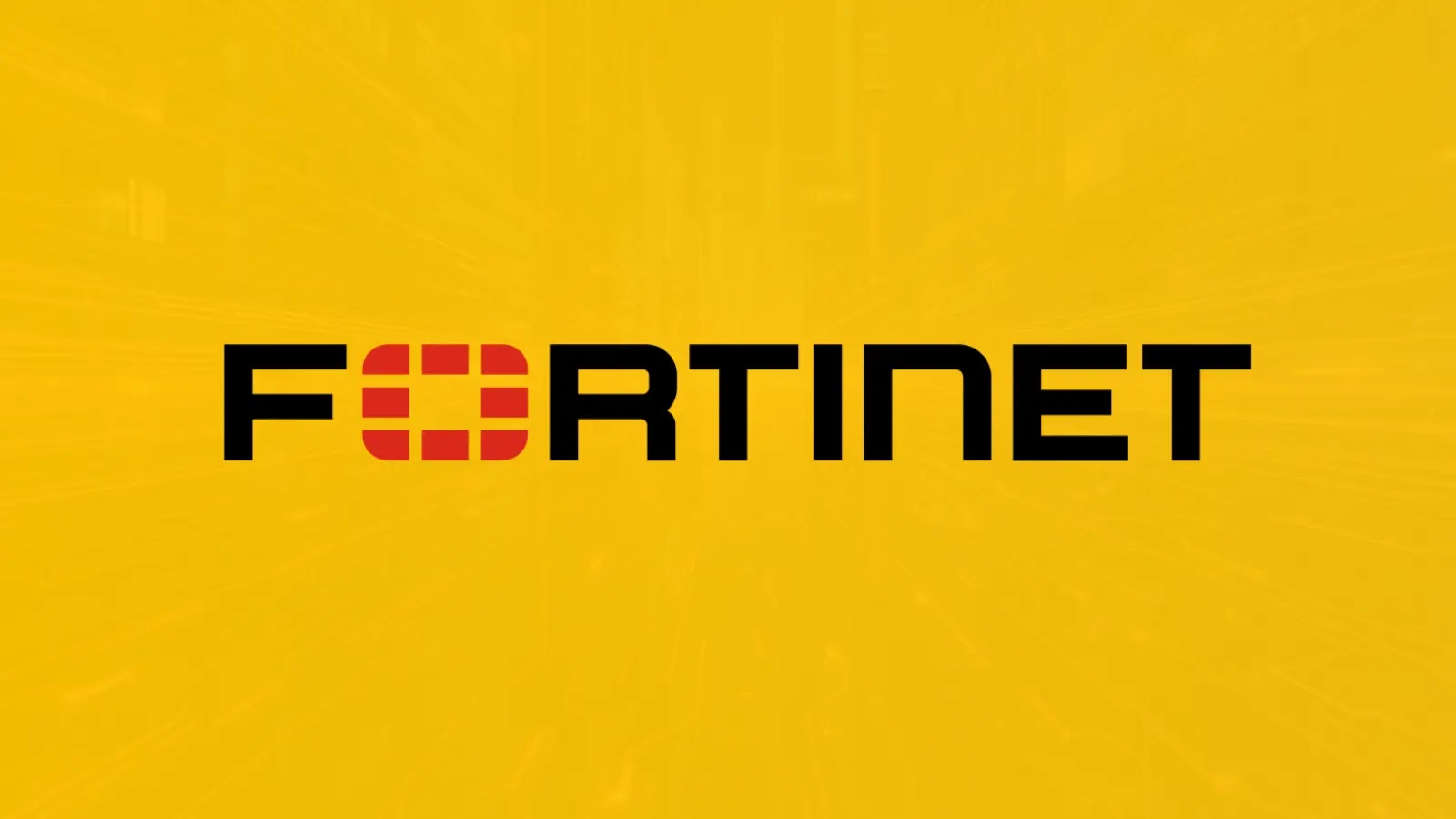HydraPWK: A Streamlined Penetration Testing OS for Industrial Security
HydraPWK has unveiled its latest Apes-T1 snapshot, enhancing its penetration-testing Linux distribution by substituting Elasticsearch with the open-source OpenSearch. This strategic move addresses previous licensing challenges and bolsters tools tailored for industrial security assessments.
OpenSearch Integration and User Interface Enhancements
The Apes-T1 update rectifies earlier issues stemming from Elasticsearch’s restrictive licensing, which led to its removal from the repository. In its stead, OpenSearch—a scalable, Apache-licensed search engine—now underpins tools like Arkime, facilitating efficient network forensics without proprietary constraints. Additionally, OpenSearch Dashboards have been integrated as a custom HydraPWK build, offering visualization capabilities specifically designed for penetration testing workflows.
To improve user experience, the hydrapwk-purplizer color scheme for the Xfce terminal has been updated, resolving error visibility issues and ensuring clearer output during live operations. These enhancements align with HydraPWK’s semi-rolling release model, allowing users to update via a simple APT command or by downloading fresh ISO images. The development team has acknowledged past oversights and encourages candid community feedback to foster trust in this Debian-based distribution, which targets industrial sectors such as avionics and drone technology.
HydraPWK vs. Kali Linux
When compared to Kali Linux, HydraPWK emerges as a more specialized and lightweight alternative, optimized for physical and real-time penetration testing. Kali Linux, renowned for its extensive suite of over 600 pre-installed tools—including Nmap, Metasploit, and Wireshark—excels in general-purpose ethical hacking but can be resource-intensive and may require manual adjustments for stability in specialized environments.
In contrast, HydraPWK is built on Debian’s testing branch with a PREEMPT_RT kernel, enabling automatic loading of kernel modules for low-latency interactions with hardware such as unmanned aerial vehicles (UAVs) and automotive electronic control units (ECUs). This design reduces setup time compared to Kali’s broader scope.
While Kali Linux’s vast ecosystem supports a wide range of tasks—from wireless attacks to digital forensics via tools like Aircrack-ng and John the Ripper—its recent non-root-by-default approach adds configuration layers that HydraPWK bypasses with its out-of-the-box hardening.
Kali thrives on community-driven metapackages for customization, but HydraPWK’s +hydrapwk packages emphasize an industrial focus, avoiding the occasional update-induced instability found in Kali. This results in a more predictable, plug-and-play experience.
Users have praised HydraPWK’s speed and completeness, considering it a potential successor to Kali for targeted operations. However, Kali remains the gold standard for comprehensive, multi-platform testing.
As cyber threats increasingly target industrial IoT, HydraPWK’s refinements make it a compelling choice for professionals seeking efficiency without sacrificing power. Updates are straightforward, keeping the distribution agile in a rapidly evolving field.



